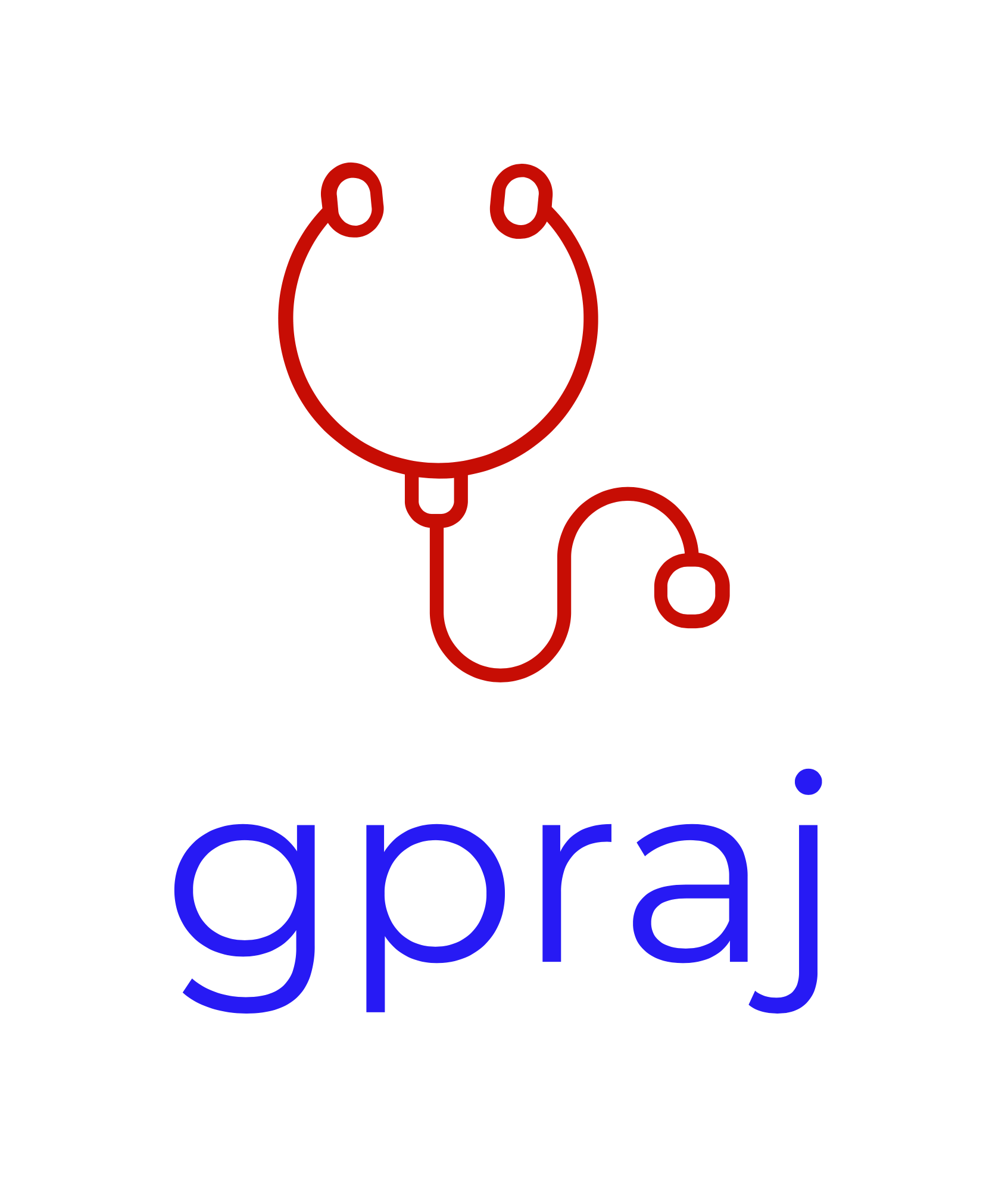Overview Primary Care Health Informatics
Structure and organisational aspects of the NHS, so how the NHS structure filters down starting with NHS England, NHS Scotland etc.
The legal requirements of being a GP, for example safeguarding, DVLA notification, etc.
Medical certification such as death certificates, fitness letters.
Fitness to drive, Fitness to fly
GMC regulation, for example duties of a doctor, professionalism.
Business aspects of general practice, for example QOF indicators, the GMS contract, fees.
Effective use of resources, i.e appropriate investigations (this may include doing nothing, as it often does, and prescribing, which may involve an understanding of schedules 1-4 controlled drugs).
Health and safety while in practice, for example management of needlestick injury, handwashing, disposal of medical equipment.
Understanding of social care.
Ethical issues, for example the Mental Capacity Act, consent and confidentiality.
An understanding of fit notes and some common time frames that may apply to some commonly performed procedures, such as knee replacement, hip replacement.
Clinical governance areas, including significant event analysis (SEAs) and significant untoward incidents (SUIs)
Understanding of the benefits system, such as personal independent payments (PIP), employment support allowance (ESA), universal credit etc.
Role of the CQC
